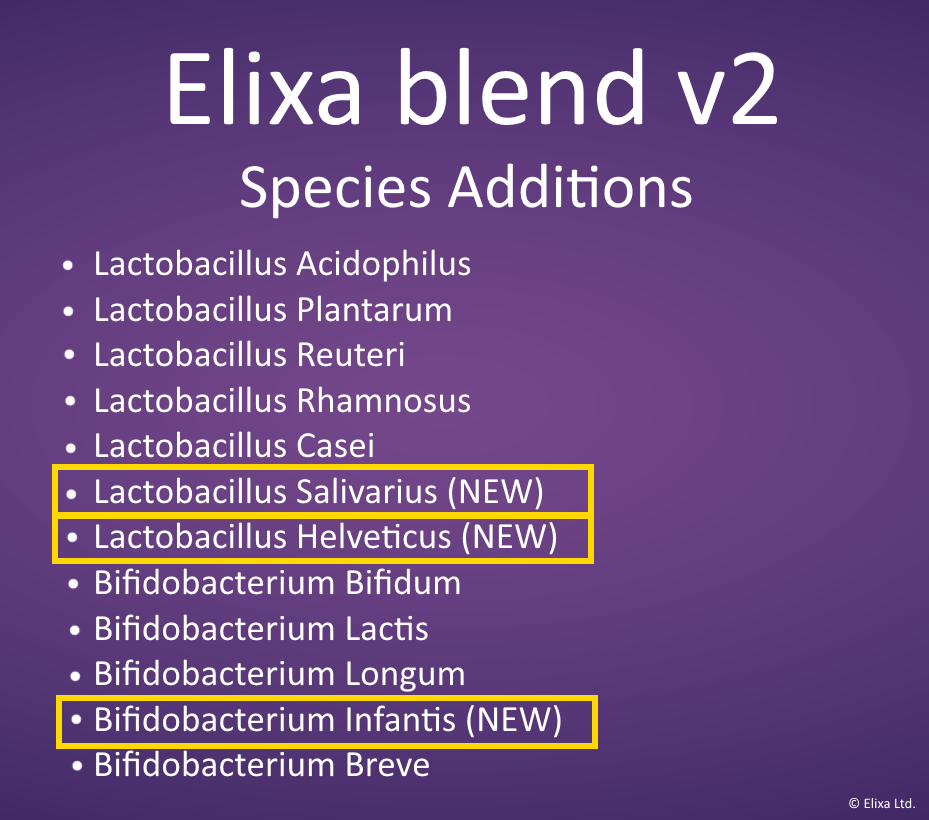Ascien said:Hi Chu. The product in your first link contains maltodextrin, titanium dioxide, (I'd stay away from that as much as possible) & sucrose. I think I read on SOTT recently about HFCS being re-labelled simply as fructose. This makes me distrust sucrose in supplement ingredients too. I know that sometimes "needs must" & we might have to take the best thing available, ("the devil you know" & all that) but with the raft of changes that the industries that provide these products implement (we'll usually find out after the deed has be done) even simple things like sucrose may actually turn out to be "sucrose." The same way as high fructose corn syrup is now... "fructose." That said, I may be way off with those thoughts. I'm one of those still in the gut healing phase & fluctuate with inflammation (external stress mainly) even on the keto diet. Just thought I'd mention it anyway.
Yeah, it's really hard to find anything without corn starch, titanium dioxide, gluten of any kind, lactose, fructose... you name it. Sometimes it's even impossible! It's really frustrating. We ordered some from Amazon France that didn't have anything bad, except for potato starch (but that's about the best you can get).
Are you doing EE for coping with stress?
If you try these probiotics out as well, let us know how it goes regarding your gut healing and inflammation. :)



